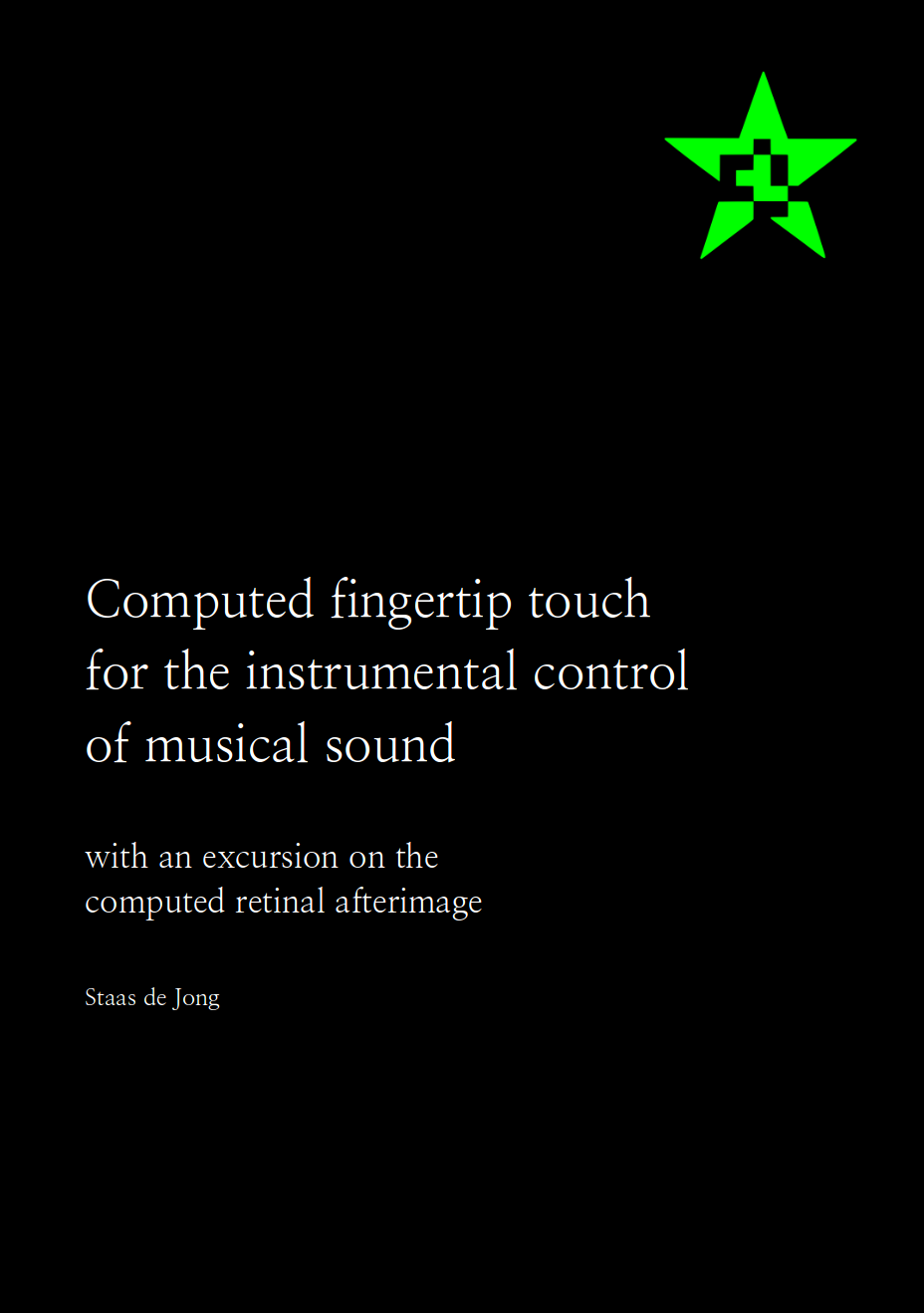The role of computation in music is truly exciting –
and perhaps especially so when it is made explicit
how Turing-complete transducer systems
uniquely fit at the core of what human music making is,
as an observable, physical process.
Developing this theoretical view
enables pointing out implications
for the fundamental question
“What forms of instrumental control of musical sound are possible to implement?”
In this thesis, we also
“walk the walk”, however:
we develop concrete models and hypotheses –
and then
novel transducer technologies
and the systems for programming them –
and show how these indeed
predictably yield new forms of instrumental control of musical sound.
